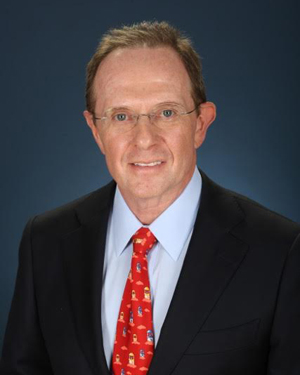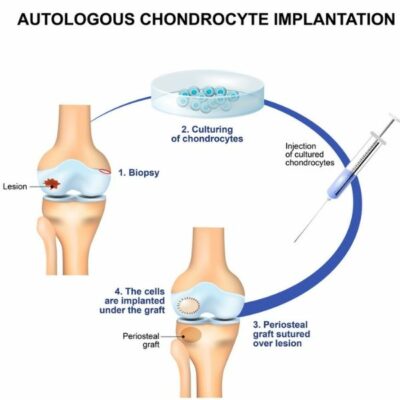ACI Cartilage Defect Surgeon

Do you have articular cartilage damage? Autologous Chondrocyte Implantation (ACI) is a treatment option approved by the FDA for full-thickness cartilage tears and patella damage. ACI surgeon, Dr. James Mazzara offers this relatively new treatment for patients in Manchester, South Windsor, Enfield, Glastonbury and surrounding Hartford communities who have suffered cartilage damage. Contact Dr. Mazzara’s team today!
ACI / Carticel-TM
What is Autologous Chondrocyte Implantation?
Autologous chondrocyte implantation (ACI) is a state-of-the-art procedure used to treat cartilage defects of the knee. The FDA approved ACI for treatment of full-thickness articular cartilage damage located at the end of the femur (thigh bone.) ACI is also approved to be used for defects of the patella (knee cap) in addition to other joints of the body. Autologous chondrocyte implantation uses the patient’s own cultured cartilage cells, called chondrocytes, to repair cartilage defects within the knee. Dr. James Mazzara offers this relatively new procedure to patients in Manchester, South Windsor, Enfield, Glastonbury and surrounding Hartford communities.
Why Would Autologous Chondrocyte Implantation be Needed?
Cartilage is difficult to repair. Some surgical methods are aimed at trying to smooth out the surface, as in debridement; or stressing the underlying bone, forcing it to heal itself with procedures like microfracture or abrasion arthroplasty. While these methods are useful and often successful, some patients do not respond well to these various treatments. ACI, also called Carticel™ has been shown to help patients with damaged articular cartilage caused by repetitive trauma and by patients who have not had the best response to other surgical treatments. However, ACI is not indicated for patients who have damage to the cartilage from osteoarthritis. ACI is reserved for patients who have an otherwise normal knee but have an isolated injury or defect in their otherwise normal cartilage which can cause pain or symptoms. In many cases, ACI has given patients sustained improvement with pain and function of the knee joint.
How is ACI Performed?
Autologous chondrocyte implantation treatment is done in three stages:
- First Stage: Done arthroscopically in less than 30 minutes. Dr. Mazzara will harvest a small piece of articular cartilage from a less weight-bearing area of the knee. This small cartilage biopsy is then sent to a special laboratory where they grow chondrocytes (cartilage-producing cells) from the sample. When a sufficient amount of cells have been grown, they are sent back to Dr. Mazzara for implantation. This usually takes 6-8 weeks.
- Second Stage: The second stage is performed with an open-knee surgery called an arthrotomy. Dr. Mazzara implants the new cartialge cells into the specific defect. The cells adhere to the patient’s knee to form what is called hyaline-like cartilage which resembles the native knee joint cartilage.
- Third Stage: This is the recovery period where weight-bearing is restricted for up to 8 weeks. Dr. Mazzara may recommend the use of a continuous passive motion (CPM) machine to improve the graft’s success and to maintain the patient’s range of motion. Physical therapy is eventually prescribed with an emphasis on strengthening activities.
Does ACI – Carticel™ Work?
Statistics have shown that for isolated articular cartilage tears, there has been a 92% success rate. For multiple lesions within the same knee there is an 85% success rate. Patients who have patella (kneecap) issues have shown an 85%-87% success rate when done with an osteotomy procedure.
These success rates are important for both surgeons and patients because it gives them more options in treating knee pain and articular cartilage damage.
If you are interested in learning more about autologous chondrocyte implantation for knee cartilage damage, or to find out if you are a candidate for ACI surgery, please contact the orthopedic offices of Dr. James Mazzara, knee surgeon in Manchester, South Windsor, Enfield, Glastonbury and surrounding Hartford communities.
